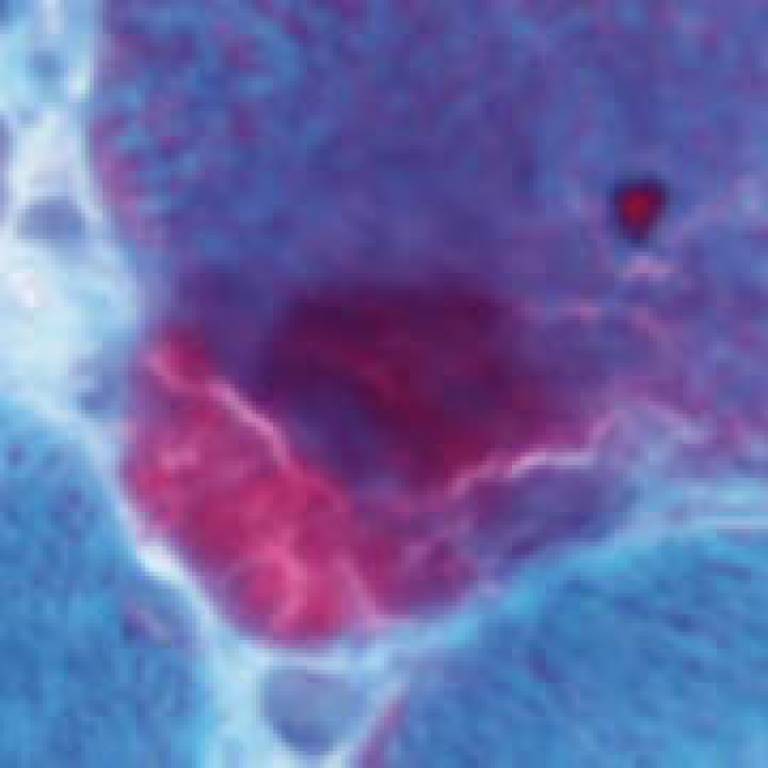New Centre for Neuromuscular Diseases
6 March 2007
A partnership between UCL and the University of Newcastle is to benefit from a £15.
 5 million investment by the Medical Research Council for the creation of six new centres dedicated to translational medicine.
5 million investment by the Medical Research Council for the creation of six new centres dedicated to translational medicine.
The new centres have been created with the aim of enabling scientific research to be translated into medical treatments to improve human health more quickly and efficiently.
The MRC Centre for Neuromuscular Diseases is the result of a group of academic and medical institutions committed to developing research into patient care. These are the UCL Institute of Neurology, the UCL Institute of Child Health, the University of Newcastle, University College London Hospitals NHS Foundation Trust (UCLH), Newcastle Hospitals NHS Trust, and Great Ormond St Hospital for Children (GOSH).
The centre will be able to draw on significant populations of affected patients at the partner hospitals and a wealth of basic science and translational expertise, which will turn growing understanding of the mechanisms of neuromuscular disorders into practical treatments and cures.
The external international peer review undertaken by the MRC stated that this centre had the potential to lead the world in this area.
Director of the centre, Professor Mike Hanna (UCL Institute of Neurology), said: "Although there have been impressive advances in understanding the molecular basis of many neuromuscular diseases, this has not yet been translated into clear patient benefit or new treatments. We have identified a number of key obstacles to delivering this translational benefit and the centre aims to specifically address each of them. By uniting an impressive team of experts in London and Newcastle, we are hoping to make progress in tackling these diseases."
UCL Provost and President, Professor Malcolm Grant, added: "We welcome the establishment of this centre at the UCL Institute of Neurology and thank the MRC for their generous contribution and ongoing support. The centre will play a major role in the advancement of scientific knowledge in this field and, most vitally, in the development of treatments to improve the lives of those who suffer from these debilitating neuromuscular conditions."
To find out more, use the links at the bottom of this article
Image: Ragged red fibre seen in the muscles of patients with mitochondrial disease (Credit: MRC)
 Close
Close

